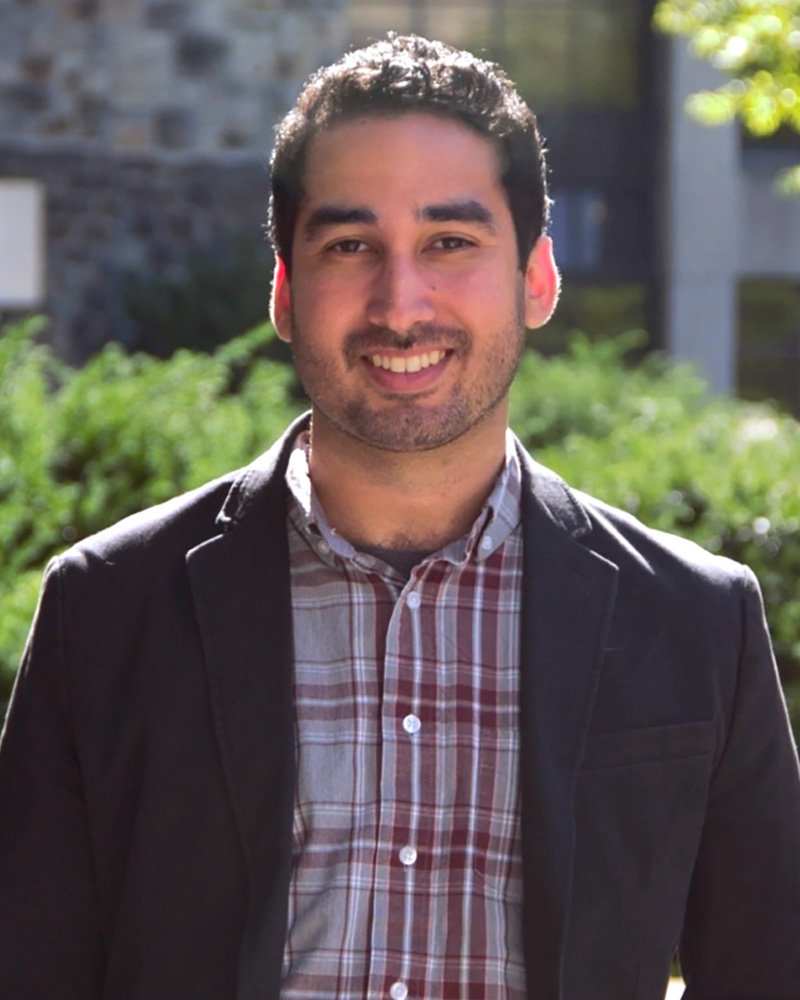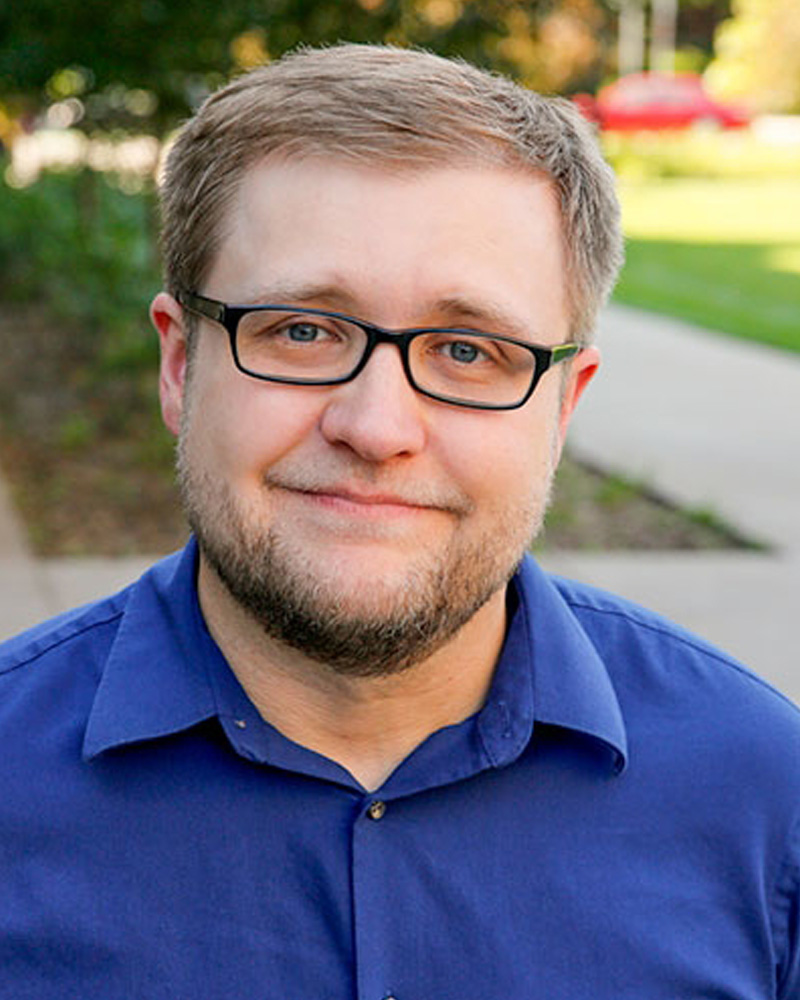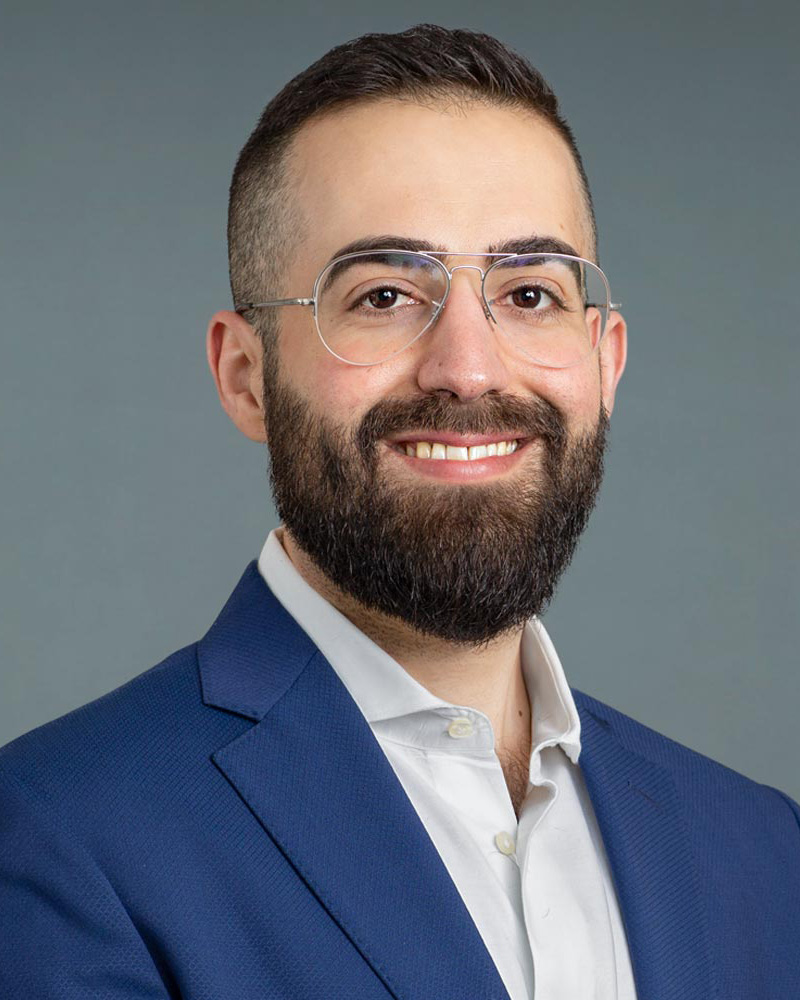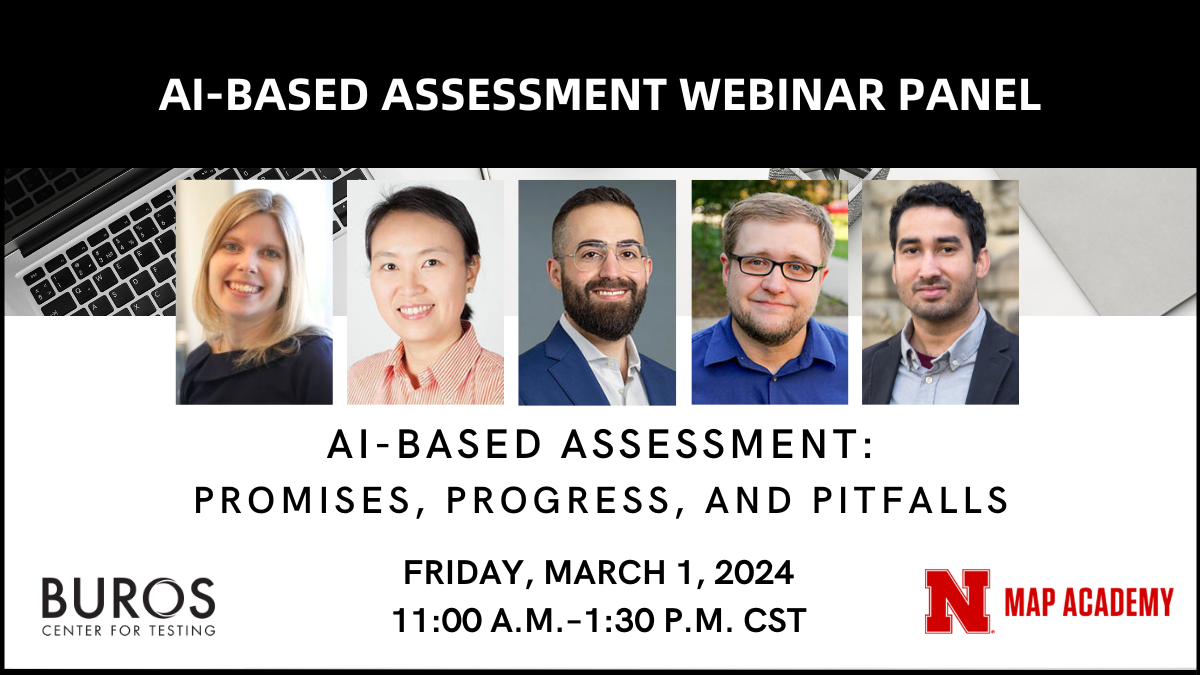Abstract
Artificial Intelligence (AI) assessment applications are becoming ubiquitous in testing and assessment in healthcare, education and business. But there is still much to learn about how AI can enhance or hamper the assessment process in these contexts.
This presentation — co-hosted by the Buros Center for Learning and the MAP Academy — aims to provide researchers and practitioners an opportunity to learn more about the advantages and disadvantages of using AI-based assessment from four psychologists representing different fields of psychology.
Learning Objectives
At the end of this presentation, participants will be able to:
- Describe at least three advantages and disadvantages of AI-based assessments.
- Apply recommendations and cautions for utilizing AI-based assessment in research or professional practice.
- Identify research that is still needed to support the use of AI-based assessment as an evidence-based practice.
Audience
Professional educators, clinicians/counselors, industrial/organizational psychologists, measurement professionals, researchers, and graduate students
Details
Date, Time, & Location
Friday, March 1, 2024
11:00 a.m.-1:30 PM CST
Zoom videoconference
Zoom videoconference
Registration is now closed. Please contact Jessica Jonson at jjonson2@unl.edu if you have any questions or need additional information.

Kristen DiCerbo, Ph.D.
Chief Learning Officer, Khan Academy
Kristen DiCerbo is chief learning officer at Khan Academy, where she oversees the teaching and learning strategy to ensure a consistent research-based pedagogical approach. Her research focuses on the design of interactive digital technologies for learning and assessment. She has led teams focused on embedding learning science into curricula and learning tools, and has researched and published extensively on the use of data from learner activity in games and simulations to understand what learners know and can do.
DiCerbo earned Ph.D. and Master’s Degree in educational psychology from Arizona State University.
Full Biography

Qiwei He, Ph.D.
Associate Professor of Data Science & Analytics, Georgetown University
Qiwei (Britt) He is a tenured associate professor in the interdisciplinary program of Data Science and Analytics at the Graduate School of Arts and Science in Georgetown University. Her research focuses on advancing methodologies in sequence data mining, text mining, psychometric modeling and machine learning on new data sources (e.g., process data, textual data, and behavioral data from virtual reality) collected in innovative digital-based assessments in education, psychology, psychiatry and public health.
He earned her Ph.D. in psychometrics and data science from the University of Twente in The Netherlands.
Full Biography

Ivan Hernandez, Ph.D.
Assistant Professor, Industrial-Organizational Psychology, Virginia Tech University
Ivan Hernandez is an assistant professor of industrial-organizational psychology at Virginia Tech University, where he directs the Computational Organizational Research Lab and is also an affiliate of the Center for the Future of Work Places and Practices. He develops research tools for generating personality assessments, detecting survey fabrication, studying organizational diversity and enhancing scientific communication.
Hernandez earned his Ph.D. in social/organizational psychology from the University of Illinois.
Full Biography

Richard Landers, Ph.D.
Professor of Industrial-Organizational Psychology, University of Minnesota
Richard Landers is the John P. Campbell Distinguished Professor of Industrial-Organizational Psychology at the University of Minnesota. He is principal investigator for Testing New Technologies in Learning, Assessment and Behavior, where his research concerns the use of innovative technologies such as games, gamification, machine learning, artificial intelligence and virtual reality, to improve psychometric assessment, employee selection, adult learning and research methods.
Landers earned his Ph.D. in industrial-organizational psychology from the University of Minnesota.
Full Biography

Matteo Malgaroli, Ph.D.
Assistant Professor of Psychology, New York University
Matteo Malgaroli is an assistant professor of psychology in the Department of Psychiatry at New York University's Grossman School of Medicine, and a licensed clinical psychologist with training in Natural Language Processing (NLP) and deep learning. His research focuses on digital mental health at the intersection of psychiatry, AI and technology.
Malgaroli earned his Ph.D. from Columbia Univesity.
Full Biography
